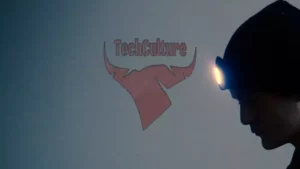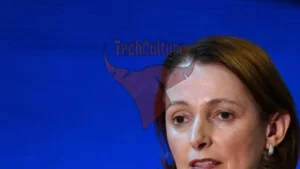Marvel Studios Denies AI Involvement in Controversial “Fantastic Four” Posters
Marvel Studios has found itself at the center of a social media storm following the release of promotional posters for its upcoming film “Fantastic Four: First Steps.” The posters, which have been widely criticized for their poor quality, sparked accusations that artificial intelligence (AI) was used in their creation.
In response to the growing controversy, Marvel has officially denied the use of AI technology in the poster design process. The studio attributes the subpar quality to human error, specifically citing inadequate Photoshop work as the root cause of the issue.
This incident comes amid increasing concerns about AI’s role in the film industry. Marvel’s parent company, Disney, has previously utilized AI in projects such as voice cloning for “Star Wars” productions. Marvel itself employed AI technology in the opening credits of “Secret Wars,” highlighting the growing integration of artificial intelligence in entertainment.
The “Fantastic Four” poster controversy is not an isolated incident in the broader context of AI concerns within the film industry. Recent AI-related controversies have emerged in films like “The Brutalist” and “Alien: Romulus,” fueling public fear and skepticism about AI’s impact on copyright, employment, and artistic integrity.
Despite Marvel’s official denial, audience skepticism persists, reflecting a growing distrust in major film studios regarding AI use. This skepticism is partly rooted in past incidents, such as the “Megalopolis” trailer controversy, where AI involvement was initially denied but later confirmed.
The situation has also reignited criticism of Disney’s treatment of visual artists. Allegations of poor working conditions and inadequate compensation have surfaced, with some critics drawing a connection between these practices and the quality of the “Fantastic Four” posters.
As the debate continues, the incident highlights the challenges in distinguishing between AI-generated and human-made art, raising questions about the future of art and technology in filmmaking. The controversy underscores the need for transparency and ethical considerations as AI continues to play an increasingly significant role in the entertainment industry.




